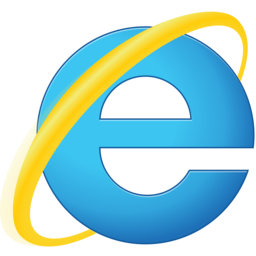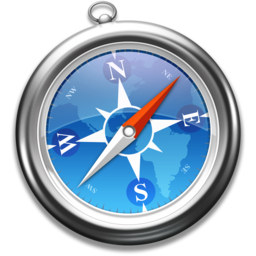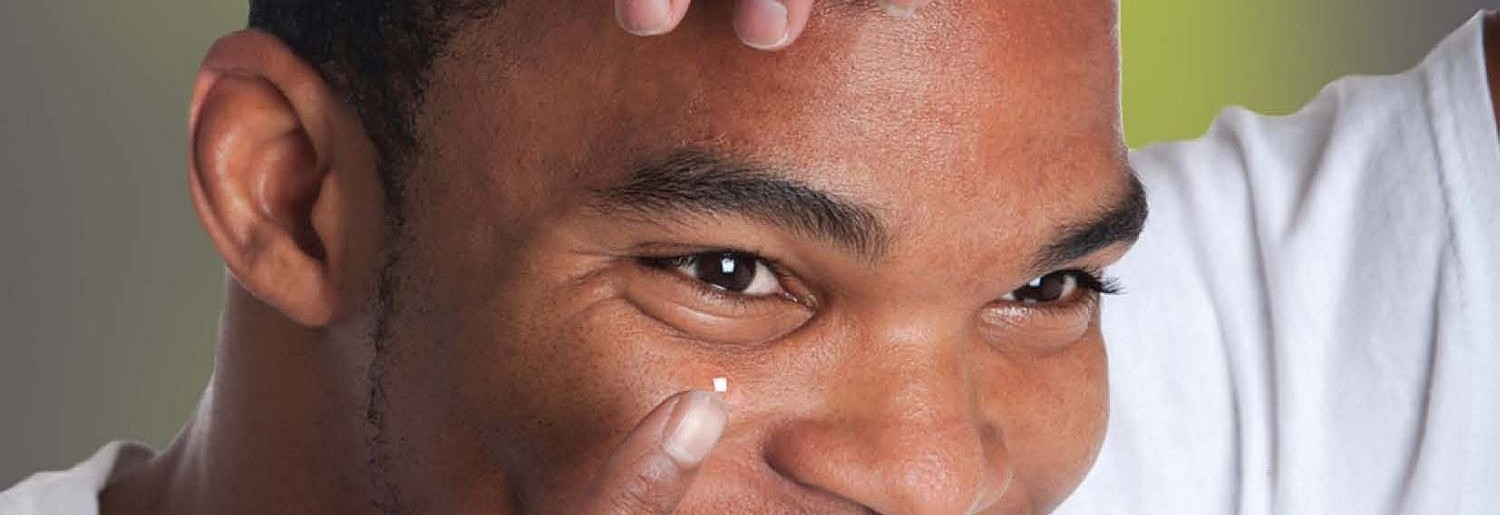Diploma in Contact Lens Practice
Overview
Duration
The Contact Lens programme takes an average of 18 months to 2 years dependent on clinic time in practice.
Assessment methods
Students must submit all weekly assignments and attain 60% or higher each week in order to gain entry into the Contact Lens theory exams. Formal assessment is then carried out via these examinations. There are 3 theory papers as well as practical examinations - including case records.
Cost
£4,530 (exams are not included)
Course Structure
Students study via 'blended learning'. This refers to a combination of distance learning, teaching at the College as well as learning in practice. Students complete 32 weekly distance learning assignments (all online) and attend the College in Godmersham, Kent, for 3 residential blocks. Block 1 lasts a fortnight, Blocks 2 and 3 are a week.
Entry requirements
All Contact Lens students must be FBDO qualified. If you are a registered DO but without the FBDO qualification, please contact ABDO Examinations who can arrange exams to 'top up' to the FBDO standard.
Course requirements
Students must be GOC registered Dispensing Opticians and ABDO members for the duration of study. Students must be working at least 1 day per week in a Trainee Contact Lens Optician capacity under supervision from a registered Contact Lens Optician or Optometrist (Practice Educational Lead - PEL). Essential textbooks are listed at the bottom of the page. Teaching materials are paperless - IT requirements are listed below. PEL's must be GOC registered practitioners and must have a minimum of 2 years continuous registration prior to commencing supervision.
Closing date for applications
11/01/2026 (applications go live at the start of November 2025)
Course start date
19/01/2026
What is a Contact Lens Optician?
A contact lens optician (CLO) is a specialist practitioner who is trained and qualified to fit, and provide aftercare for, patients with contact lenses. Contact lens opticians assess whether contact lenses meet the needs of their patient, resolving clinical and tolerance issues, and remain responsible for clinical decisions enabling them to provide continuity of care to their patients.
The contact lens specialty is open to dispensing opticians (as well as optometrists and ophthalmologists) and involves extra study and clinical practice. Once the specialist training is completed and competence assessed, practitioners must register their specialty with the General Optical Council. They are then able to perform additional duties to those of a dispensing optician.
ABDO College has full GOC approval to deliver the Contact Lens speciality programme.
Course Details
The Diploma in Contact Lens Practice course is based around the ABDO Syllabus and the GOC’s Education and Training Requirements. Both of these documents are available on request from the appropriate body. The three key areas of theory study are:
Unit 1: Anatomical Principles of Contact Lens Wear
Unit 2: Optical Principles of Contact Lens Wear
Unit 3: Clinical Principles of Contact Lens Wear
Units 4, 5, and 6 are the practical elements including practical exam day, practice visit, case records and online viva.
While you are studying your Diploma in Contact Lens Practice you are training in contact lens practice. Beyond your block release and distance learning coursework, your learning in practice with your PEL is a key part of the course. You and your PEL are issued with a set of practical training tasks (PTTs) to guide you both through this part of your training. These must be submitted in full to complete the programme.
You will learn practical skills from your PEL and Practice Task Supervisors (PTS) and work with patients in practice (under supervision) to perfect these skills. To become a contact lens optician you will also need to complete a set number of case records that you build up over the course of the programme. This makes up a part of your final examinations.
You must be working in contact lens related clinical practice as a trainee contact lens optician for a minimum of one day a week, from the outset of the programme.
The Diploma in Contact Lens Practice course run by ABDO College prepares you for the Contact Lens examinations available from the Association of British Dispensing Opticians.
Learning materials and IT requirements
The CL programme uses a paperless system in order to work alongside ABDO College’s commitment to sustainability. Therefore, all handouts and block materials are made available to all students at the beginning of the academic year through the Virtual Learning Environment. We encourage all students to attend block release with IT equipment to use for note taking. To facilitate this, power sources are available in all relevant classrooms and all block materials are fully editable, meaning students can make notes in a way that suits them. Should students prefer to make handwritten notes, they are required to print their materials ahead of block release and bring them along.
All examinations are run by ABDO Exams and Registration. Theory exams are online. Students will need access to a PC, a stable internet connection, a webcam and a mic.
Advice from ABDO Exams regarding the computer setup to run the assessment system is below:
- Laptop / computer with 4GB of available memory. The app will not work on phones, chrome books, or iPads/tablets. We cannot guarantee service on touchscreen devices as some devices might be incompatible with the app. We recommend that candidates source a non-touchscreen device for their exams.
- A Windows v7.0+ or Mac10.10+ operating system, and MacOS BigSur users need to upgrade to 11.3+.
- Intel Core i3 (or equivalent).
- A working webcam that can be used to scan the room, microphone and speakers.
- Minimum candidate internet speed of 2 Mbps.
- Recommended screen size of at least 13″ and a resolution of 1024 x 768.







